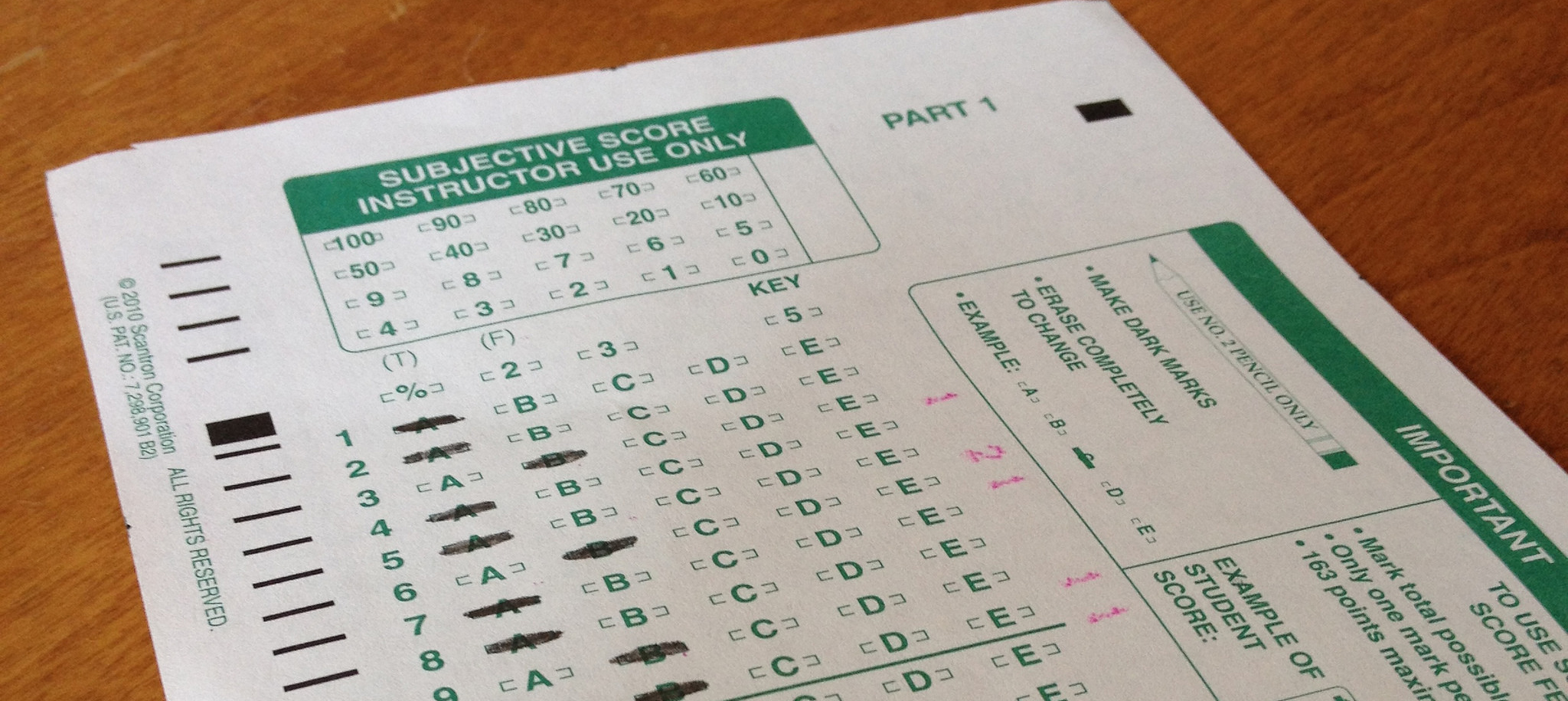
May 19, 2016 12:00:00 AM
by Will Ragland
Will Ragland is the campaign director of education policy at American Progress. He comes from the U.S. Department of Education where he was the director of strategic outreach in the Office of Legislation and Congressional Affairs. Will spent five years at the department leading efforts to build congressional coalitions behind the Obama administration’s education priorities, handling the office’s appropriations and budget portfolio, and managing relationships between members of Congress and senior leadership, including Education Secretary Arne Duncan. Before joining the department, he worked on the president’s first election bid in 2008, where he led regional research efforts in southern and northeastern battleground states such as North Carolina, Virginia, Florida, and New Hampshire. Previously, Will worked for the Committee on Oversight and Government Reform in the U.S. House of Representatives under then-chair, Rep. Henry Waxman (D-CA), served as a Peace Corps volunteer in Jamaica, and taught high school English. Born and raised in Kilmarnock, Virginia, Will graduated from the Virginia Military Institute with a bachelor’s degree in English and writing.
The story you tell yourself about your own math ability tends to become true. This isn’t some Oprah aphorism about attracting what you want from the universe. Well, I guess it kind of is, but...
If you have a child with disabilities, you’re not alone: According to the latest data, over 7 million American schoolchildren — 14% of all students ages 3-21 — are classified as eligible for special...
The fight for educational equity has never been just about schools. The real North Star for this work is providing opportunities for each child to thrive into adulthood. This means that our advocacy...
Your donations support the voices who challenge decision makers to provide the learning opportunities all children need to thrive.
Ed Post is the flagship website platform of brightbeam, a 501(c3) network of education activists and influencers demanding a better education and a brighter future for every child.
© 2020–2024 brightbeam. All rights reserved.
Leave a Comment